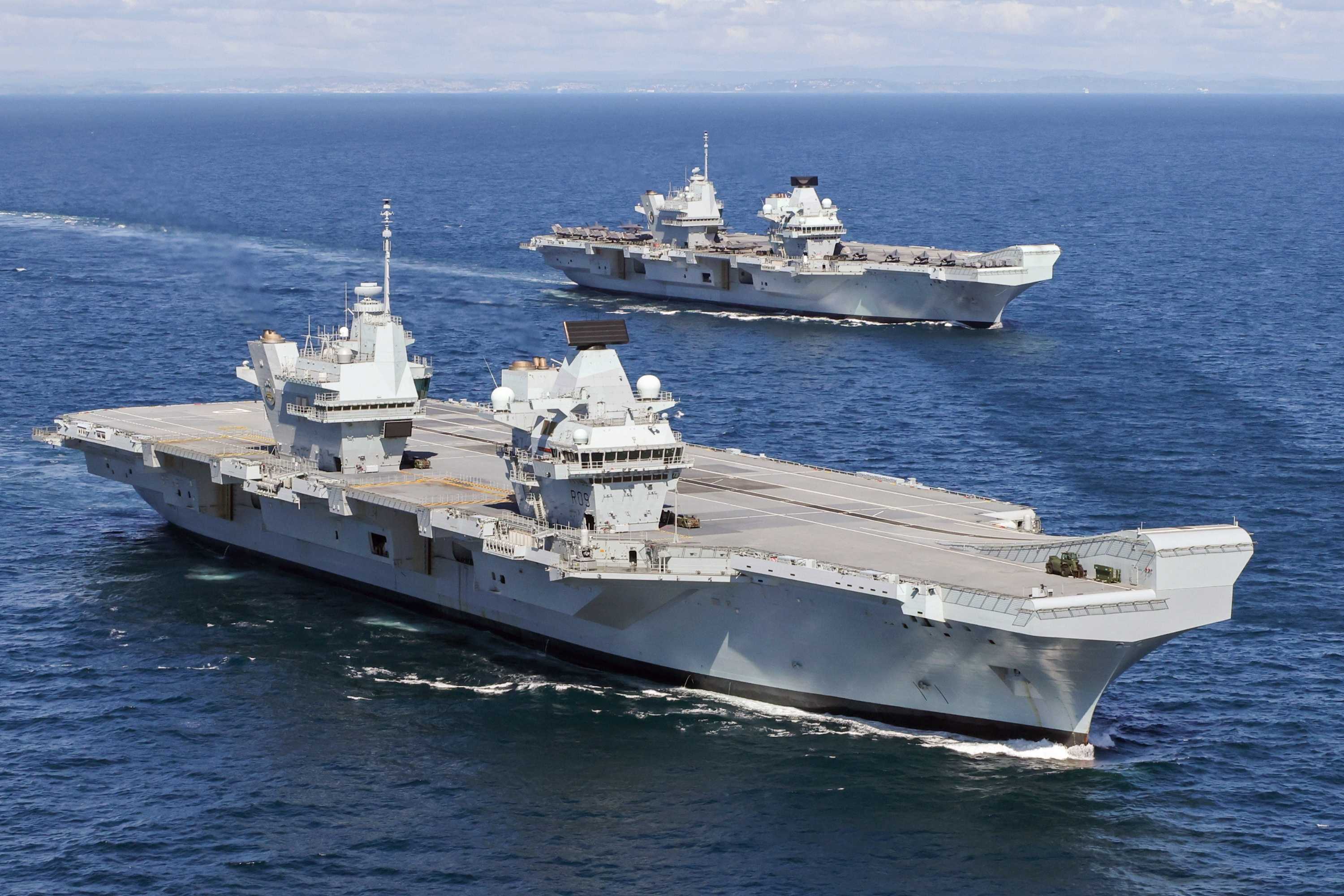Dstl scientists help soldiers, aircrew and industry engage with smart machines on Salisbury Plain

Image courtesy Dstl
During a two week exercise at Copehill Down Village, soldiers and aircrew combined their core platforms with uncrewed aerial vehicles (UAVs) and autonomous ground vehicles (UGVs) developed by industry partners to look at the challenges and opportunities provided by technology that could help the Army improve military advantage.
Helicopter pilots controlled UAVs from the cockpit, providing ground troops and vehicles with improved situational awareness. Tank commanders and dismounted troops used UGVs and UAVs to enhance their ability to find targets in complex urban environments.
Cpl Liam Fisher, 1st Battalion The Yorkshire Regiment said: "Technically it’s a big game of hide and seek. We can get ‘hands on’ with the drones, get ‘hands on’ with the ground vehicles and find the people you need to find. It will absolutely make a difference, there are parts where you can’t go, especially for your dismounts. So instead of using ground troops, you can push the UGVs out or other vehicles out and get them to do your job for you instead."
The MoD is investigating how to reduce the collective burden of war fighting tasks on soldiers by exploiting software and autonomous vehicles to carry out tasks such as combat support and intelligence, surveillance and reconnaissance (ISR) missions.

The trial falls under the Army Warfighting Experiment, a project that has been running for the last 10 years and gives personnel the opportunity to test a whole range of futuristic technology. Dstl’s scientific expertise identifies and carries out initial testing on viable industry proposals to deliver technology that shows the greatest potential to the end user and deliver clear military and strategic advantage to the UK.
Dstl’s Project Manager Jamie M said: "These types of experiments are really important for the future, if we’re going to keep pushing forward and understanding autonomous technologies and behaviours, we need to have these experiments where we can be right at the beginning of the science and get soldiers’ inputs straight away into the development of the systems.
"This has been a hugely demanding activity to pull together, particular during the Covid-19 pandemic with significant hurdles to overcome to deliver a trial of this complexity. It has been a privilege to work alongside Army colleagues to understand their challenges and help shape the development of industry delivered solutions that could address those challenges."
The industry partners were selected through a competition enabled by the Defence and Security Accelerator (DASA) to look for innovative solutions to crewed and uncrewed teaming. Industry was asked to demonstrate some or all of the following:
- a semi-autonomous uncrewed system which can be demonstrated in the field by the end of the project (at AWE 2019)
- a control interface for the semi-autonomous system which can be operated by a single user who will not be required to maintain constant operation
- a control interface suitable for operation within an armoured ground or air platform but that can be removed from that platform and operate with its own power supply
- a system which seeks to consider and minimise cognitive load on the operator in relation to the crewed and uncrewed systems whilst not being fully autonomous
Industry teams were given 12 months to develop and deliver novel semi-autonomous uncrewed systems capable of being operated on the move in current Army platforms in a representative military environment.











